White South African asylum-seekers welcomed in US amid Trump’s ‘genocide’ accusations
- Update Time : Wednesday, May 14, 2025

The arrival of 59 white South African asylum-seekers in the United States has sparked a new wave of international debate over land reform, racial tensions, and migration policy. US President Donald Trump’s characterization of the situation in South Africa as “genocide” has reignited a polarizing conversation that straddles the line between humanitarian concern and political opportunism.
On May 12, the first group of South Africans-predominantly Afrikaners, descendants of Dutch settlers-landed in the US, welcomed at a private airport hangar near Washington DC. They were greeted by Deputy Secretary of State Christopher Landau, who addressed the group with assurances of support and empathy.
“I want you all to know that you are really welcome here and that we respect what you have had to deal with these last few years,” said Landau. He referenced threats of home invasions and alleged government inaction in South Africa. “Many of these folks have experience with threatening invasions of their homes, their farms, and a real lack of interest or success of the government in doing anything about this situation.”
The asylum comes on the heels of Trump’s renewed claim that white South Africans, especially farmers, are victims of systematic violence and state-sanctioned land seizures. “Because they’re being killed, and we don’t want to see people be killed,” Trump stated. “It’s a genocide that’s taking place that you people don’t want to write about, but it’s a terrible thing that’s taking place.”
Trump’s claim echoes long-standing right-wing narratives that portray white South African farmers as victims of racial persecution. These claims, however, have been widely rejected by human rights groups, media fact-checkers, and South African authorities, who argue that while farm attacks do occur, they affect both black and white farmers and are largely driven by crime rather than race.
South African President Cyril Ramaphosa swiftly denounced Trump’s remarks as “completely false.” Foreign Minister Ronald Lamola reiterated, “There is no data at all that backs that there is persecution of white South Africans, or white Afrikaners in particular, who are farmers.”
According to South African police data, farm attacks and murders have indeed taken place, but there is no statistical evidence suggesting that whites are being disproportionately targeted. Some critics argue that Trump’s statements dangerously conflate land reform efforts with racial violence, reinforcing white victimhood while ignoring the legacy of apartheid that entrenched deep disparities in land ownership.
The issue gained traction internationally following the passage of a land expropriation law in January that allows the South African government to seize land without compensation. The policy is designed to address centuries of land inequality dating back to colonial rule and apartheid, during which the white minority acquired the vast majority of arable land.
Presidential spokesman Vincent Magwenya defended the measure, emphasizing that it complies with constitutional standards. “The state may not expropriate property arbitrarily or for a purpose other than… in the public interest,” he said, echoing the government’s position that the policy aims to correct historical injustices, not to punish white farmers.
Yet, the move has been viewed with alarm by some international observers, particularly those sympathetic to white South Africans who fear becoming marginalized or displaced in a country still healing from institutionalized racism.
Critics of Trump argue that his embrace of the “white genocide” narrative is less about humanitarian concern and more about appealing to a segment of his political base that views white identity as under siege globally. By elevating white South Africans as victims deserving of asylum, Trump both reinforces his nationalist rhetoric and draws a sharp contrast with Democratic immigration policies that typically prioritize asylum-seekers from Latin America, the Middle East, and Africa.
It is not the first time Trump has raised this issue. In 2018, he tweeted that he had directed then-Secretary of State Mike Pompeo to “closely study the South Africa land and farm seizures and expropriations and the large-scale killing of farmers.” The statement drew immediate backlash from South Africa’s government and was dismissed by many experts as an exaggeration of the facts.
His May 12 statement went further, implying that mainstream media was complicit in suppressing coverage of white suffering: “If it were the other way around, that would be the only story they’d talk about.”
Trump’s position was amplified by tech billionaire Elon Musk, a native of Pretoria, South Africa. Musk has previously suggested that white South African farmers are at risk and has voiced support for granting them refugee status. Though Musk has not provided evidence for his claims, his backing of Trump’s narrative lends it more visibility in global discourse.
Musk’s involvement adds another layer to the controversy, as critics question whether his position stems from personal concern or a broader ideological alignment with Trump’s populist brand of politics.
With the arrival of the new asylum-seekers, the US State Department confirmed that this is not the first time such applications have been approved. A previous group of 54 Afrikaners were granted asylum under earlier provisions. The administration under Trump has committed to fast-tracking naturalization for these individuals, citing their need for urgent protection.
While the political narrative dominates headlines, the human element of the story remains complex. Among the new arrivals are families with young children who say they have endured threats, violence, and uncertainty in their homeland. Whether those experiences stem from racial persecution, generalized crime, or political turmoil, they underscore the fragility of South Africa’s post-apartheid reconciliation process.
For the United States, the issue raises broader questions about the future of asylum policy: who gets protection, why, and how decisions about human rights and persecution are filtered through political and racial lenses.
As the debate continues, both South Africa and the United States face pressure-albeit for very different reasons-to ensure that humanitarian principles, not racial grievance or political theater, guide their actions.


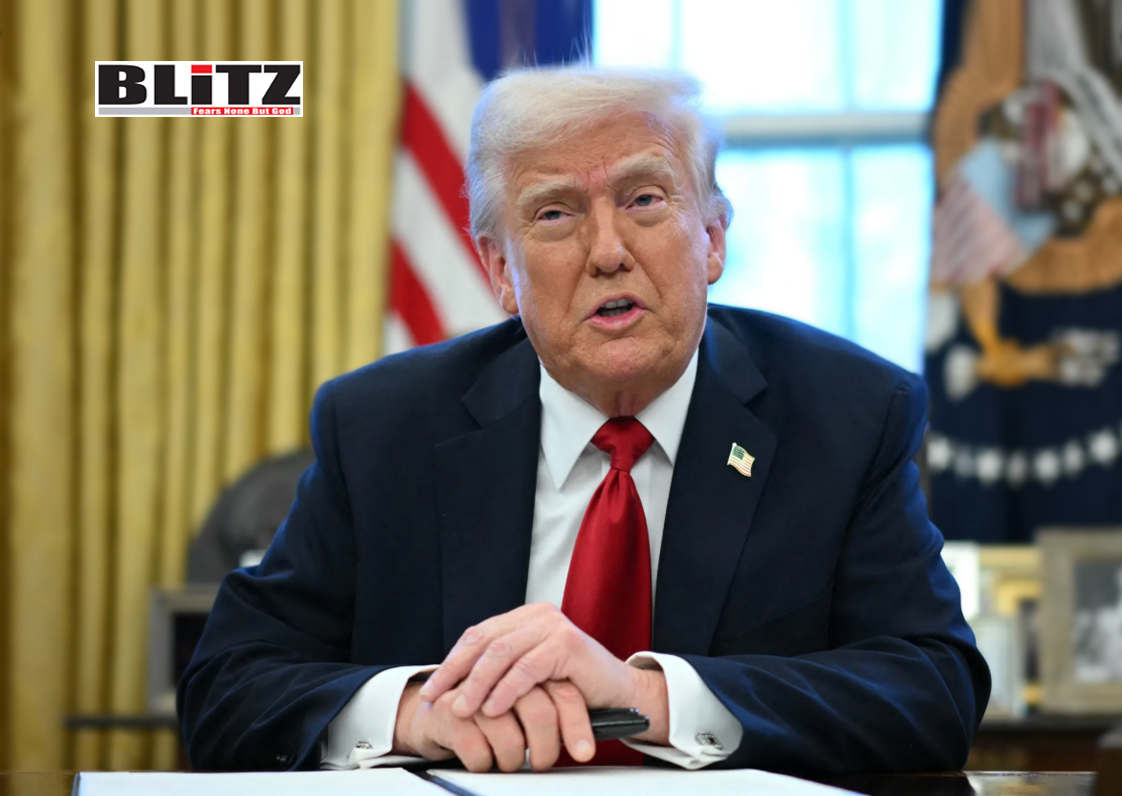
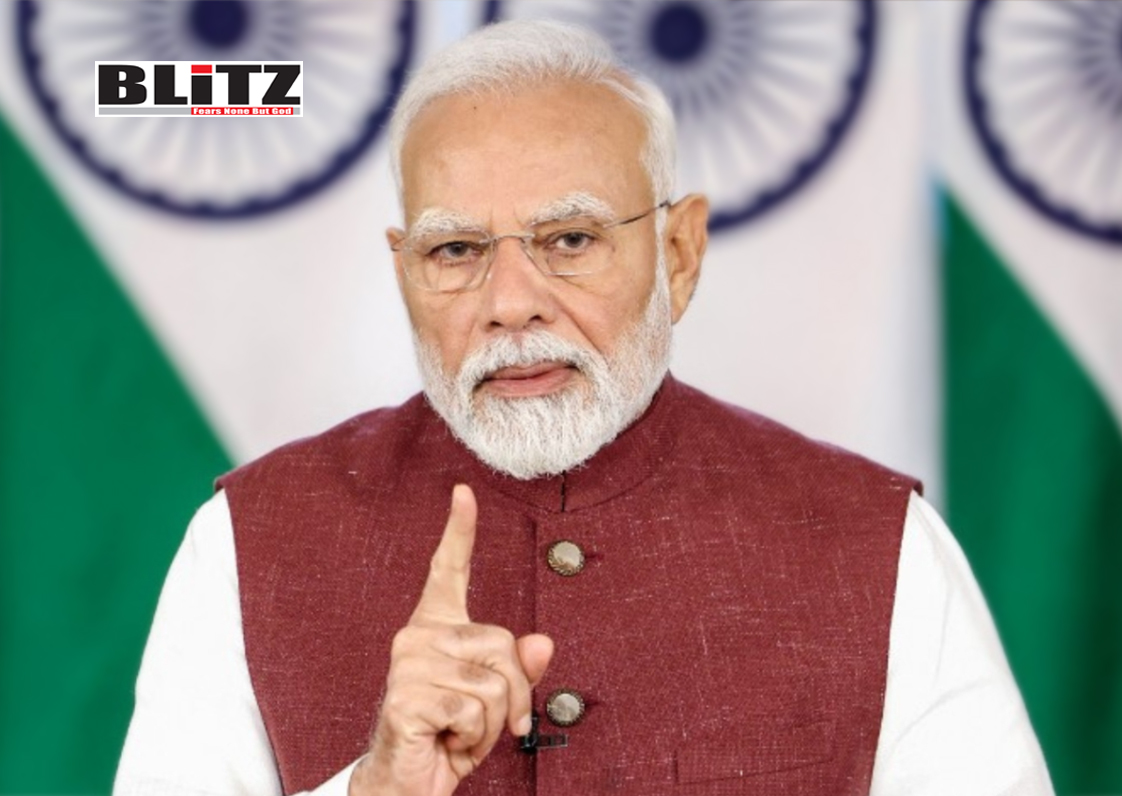
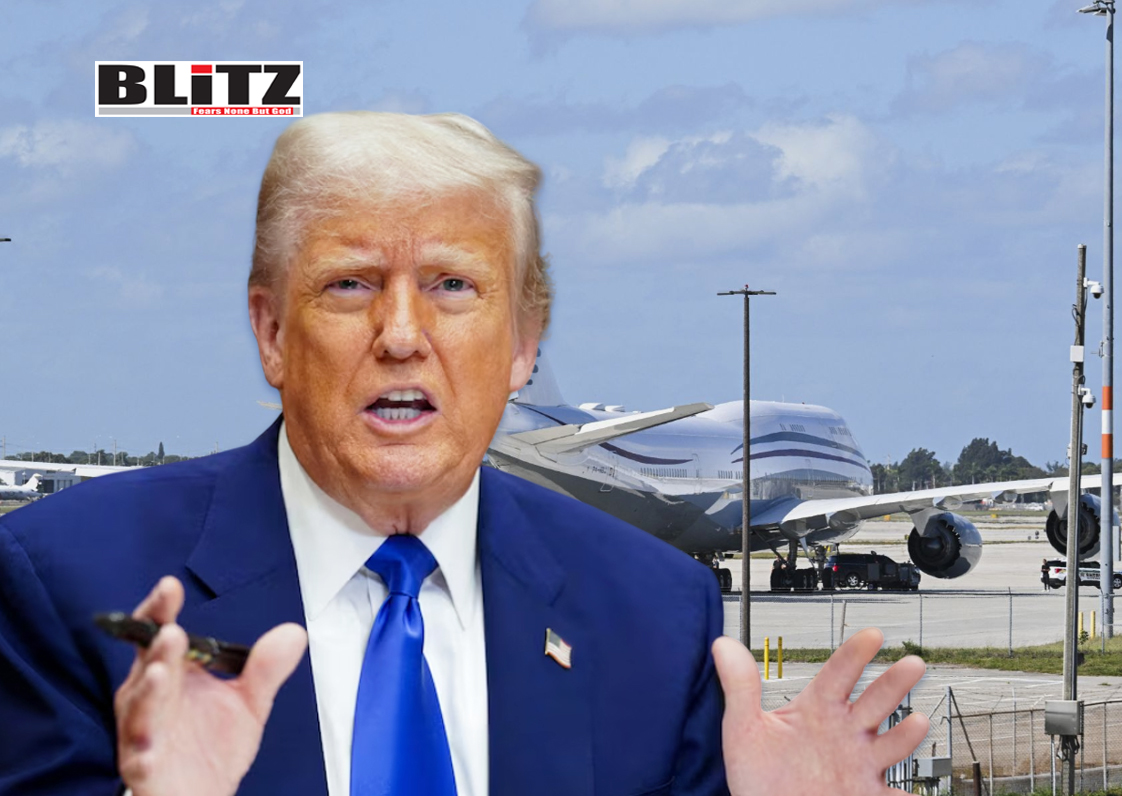

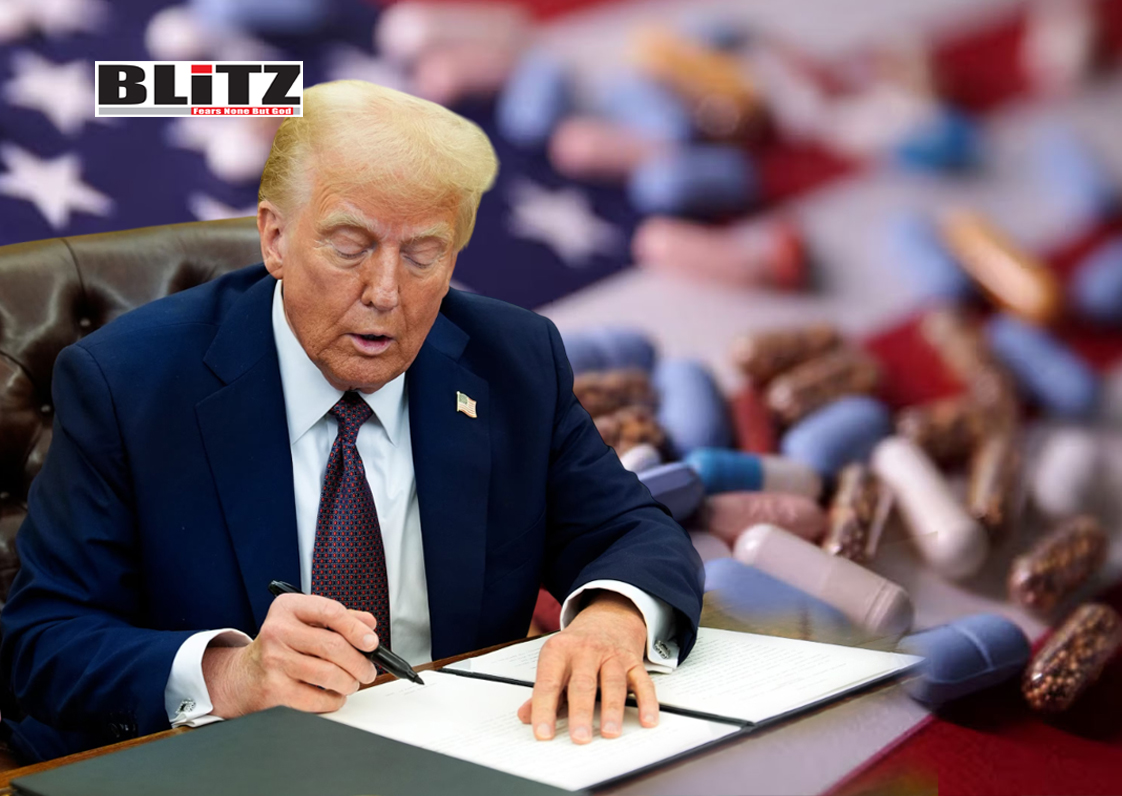
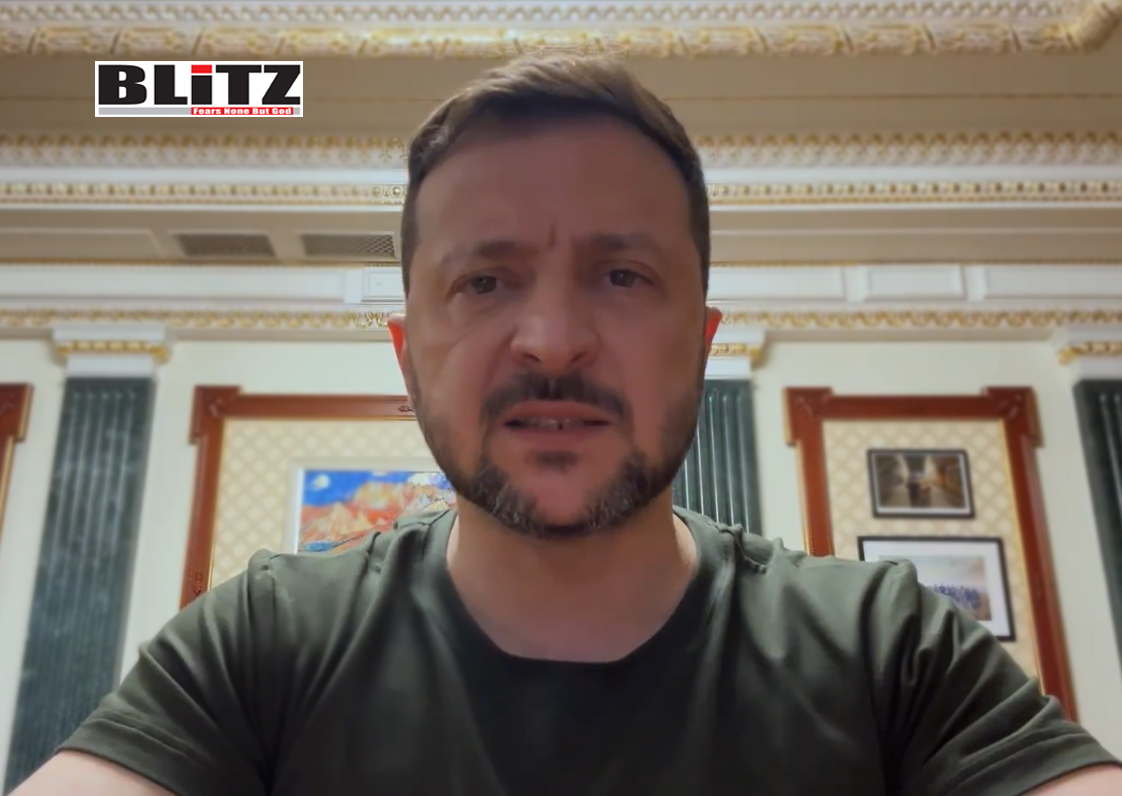
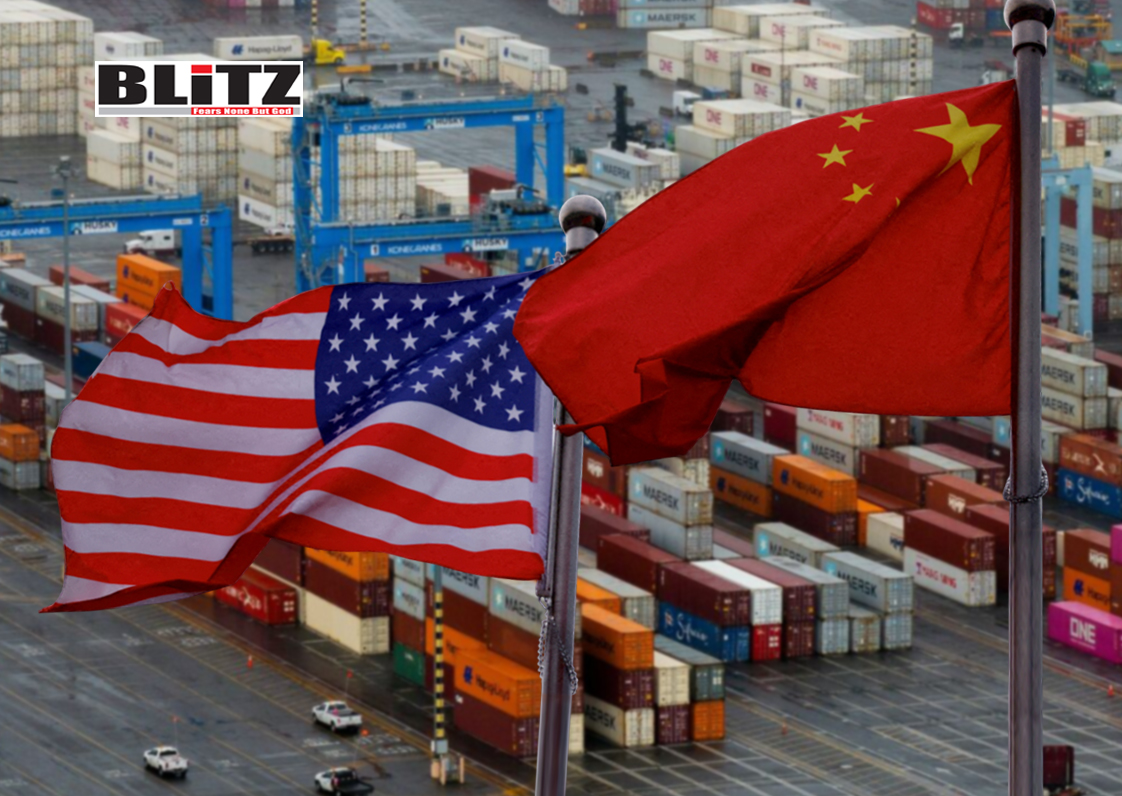

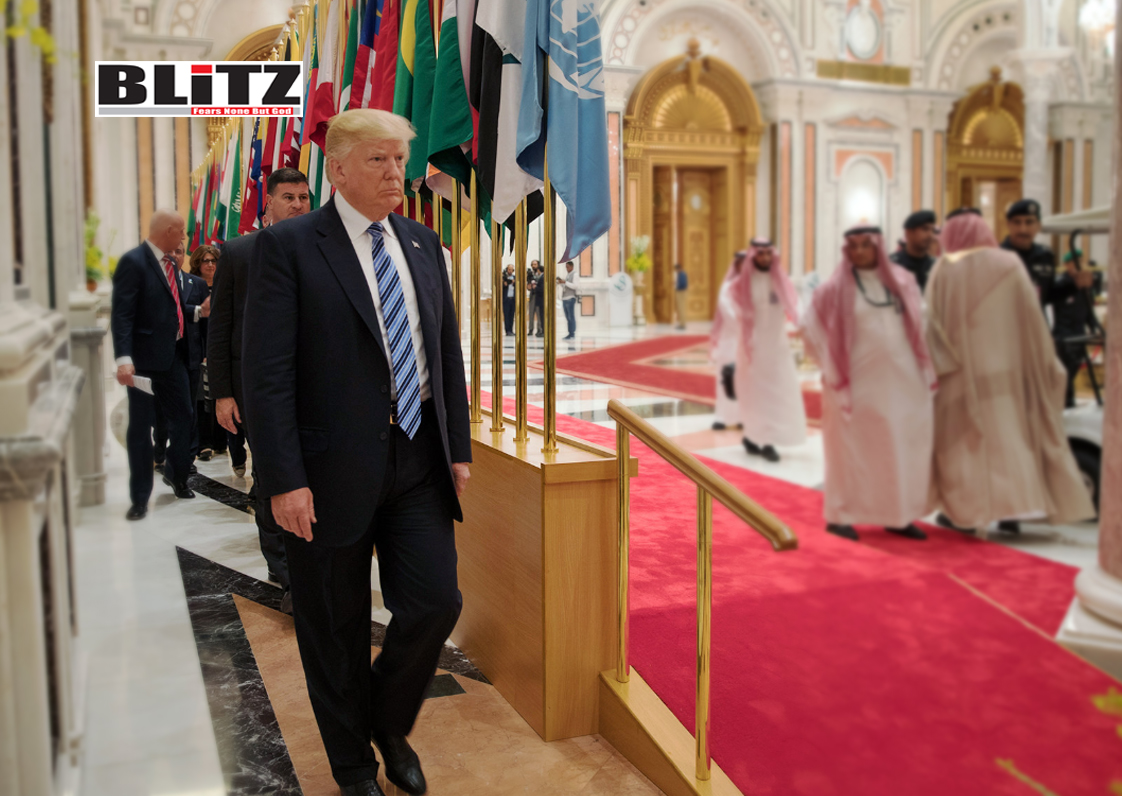

Leave a Reply